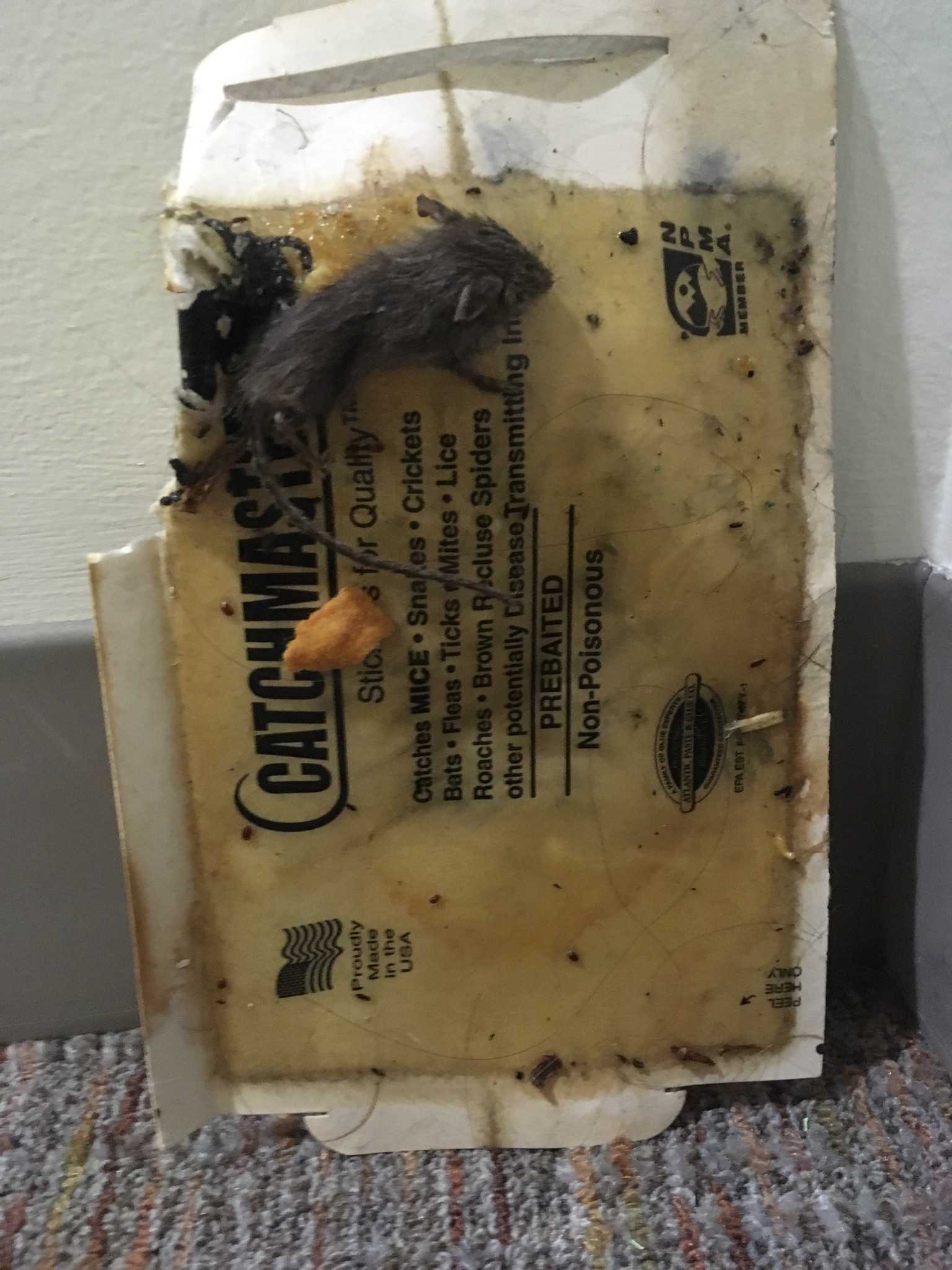By Max Bauman, news correspondent
WARNING: This story contains an image which may be disturbing to some readers.
People for the Ethical Treatment of Animals (PETA) published a recent article criticizing Northeastern University’s alleged use of glue traps as part of their rodent-management program.
Cruelty Free Northeastern member Max Corwin said he believes glue traps are the most inhumane approach to rodent control. Cruelty Free Northeastern is a student organization that advocates for animals, health and the environment.
“I recognize the inconvenience of using some of the more humane methods of dealing with rodents, but I just wish people would care more about animals,” said Corwin, a fifth-year computer science major.
According to the article, the use of these traps is unethical and poses a health risk to humans. The Center for Disease Control states on their website that they do not recommend the use of glue traps.
“These traps can scare mice that are caught live and cause them to urinate,” the website reads. “Since their urine may contain germs, this may increase your risk of being exposed to diseases.”
In an Oct. 9 email to The News, PETA stated “PETA was notified that Northeastern University’s Boston campus was using glue traps,” but did not reveal where the information came from.
Members of The News observed a glue rat trap in West Village G.

Northeastern Spokesperson Matthew McDonald said the university is vigilant in its efforts to protect the Northeastern community by keeping its facilities safe and clean. He did not confirm whether or not the university uses glue traps.
“Our location in a dense urban neighborhood, and near the Fens, does create certain challenges with regard to rodent and insect infestations,” McDonald said in an Oct. 9 email to The News. “Our facilities team works very hard to find the best and most humane ways to manage these situations and maintain safe and healthy conditions for the university community.”
According to PETA’s website, the organization condemns any use of glue traps. In an Oct. 9 email to The News, PETA Senior Director of Cruelty Casework Stephanie Bell gave this statement:
“Glue traps sentence mice, birds and other small animals to slow, terrifying deaths as they break bones, tear flesh and become increasingly entangled in the adhesive. These hideously cruel devices don’t belong in any institution of higher learning, and PETA is calling on Northeastern University to join the hundreds of well-known businesses and institutions that have banned glue traps completely.”
PETA’s email to The News claims effective rodent mitigation involves “making areas unattractive and inaccessible, including reducing food supplies through proper garbage disposal and sealing entry points into buildings.”
PETA’s recent article encourages readers to email Northeastern President Joseph E. Aoun, Senior Director of Facilities Jack Malone and Director of Building Services Mark D. Boulder to urge them to discontinue the use of glue traps.
Malone did not respond to a request for comment.
Martin Cunningham, a third-year supply chain management major, said he would prefer the university handle pest control in a more humane way than glue traps.
“I certainly think there’s more humane ways probably to kill rodents,” Cunningham said. “I don’t like the idea of an animal being stranded or maybe starving to death. I prefer more humane ways where they’d probably die more instantly.”
Nash Jicka, a third-year mechanical engineering major, said that an ideal situation wouldn’t involve any rodent deaths.
“In a perfect world, we would have a catch and release system for the rodents, so we wouldn’t any lives lost,” Jicka said. “But from a realistic and a rational perspective, if rodent control is a really big issue, I think that the most humane and quick process that is necessary should be taken.”
Not all students at Northeastern are affected by the rodent problem. Olivia Robbins, a second-year biology major, lives in West Village A and says rats have not been a problem for her.
“I’ve seen them around garbage cans, but nowhere else really… I don’t really think it’s an issue,” she said. “I haven’t been in a building where there were rats as a problem or a rat infestation.”
PETA’s critique of Northeastern came in the wake of another recent controversy concerning a Northeastern professor’s alleged involvement in the unethical treatment of animals. The PETA article claims the Department of Psychology, led by Richard Melloni, injected hamsters with steroids and other drugs and then forced them to fight each other. PETA denounced this on their website as a violation of Massachusetts animal rights laws. PETA claimed the study has since lost its funding from the National Institute of Health.









